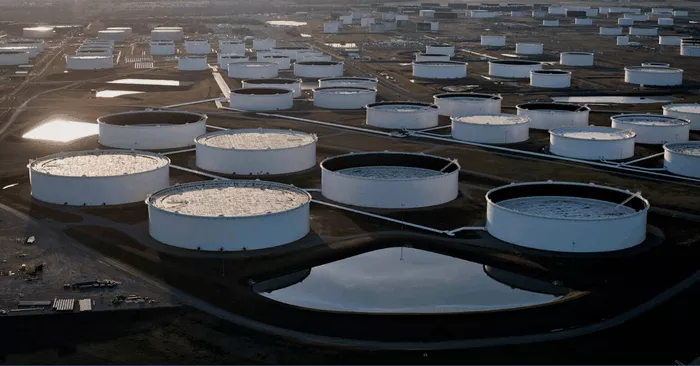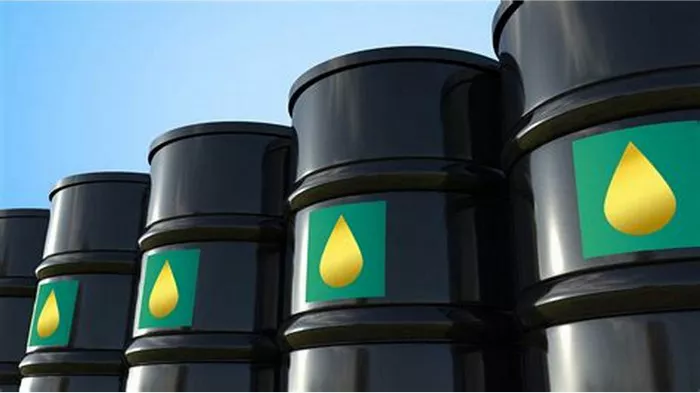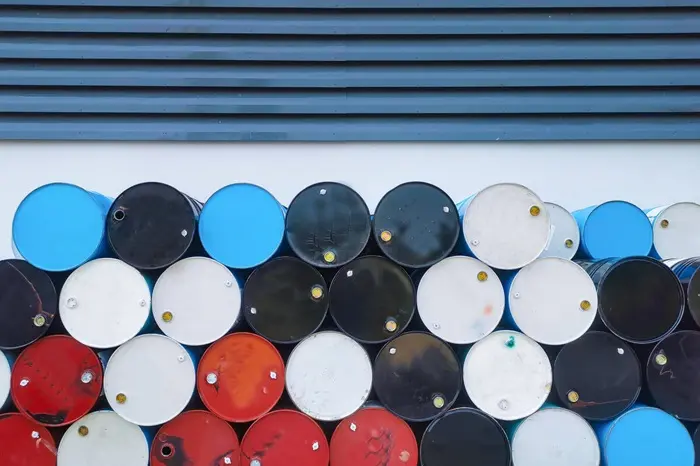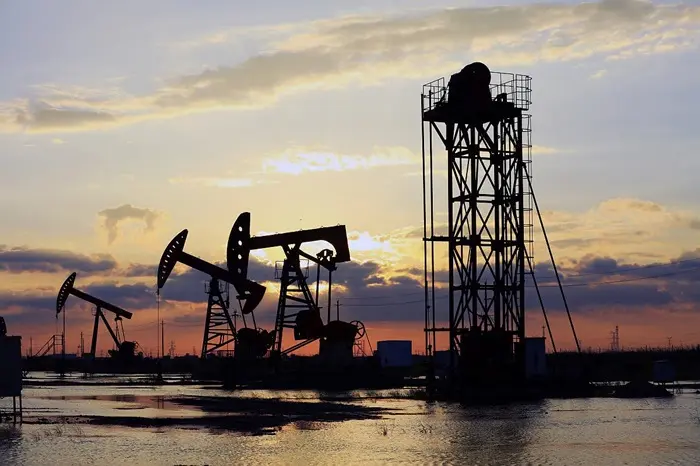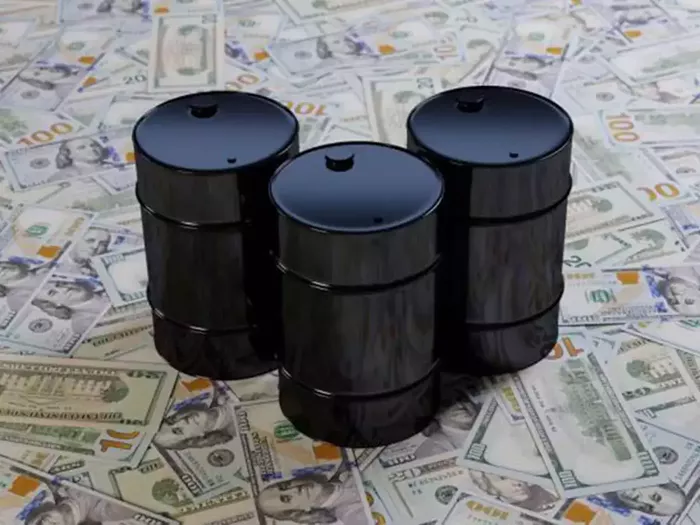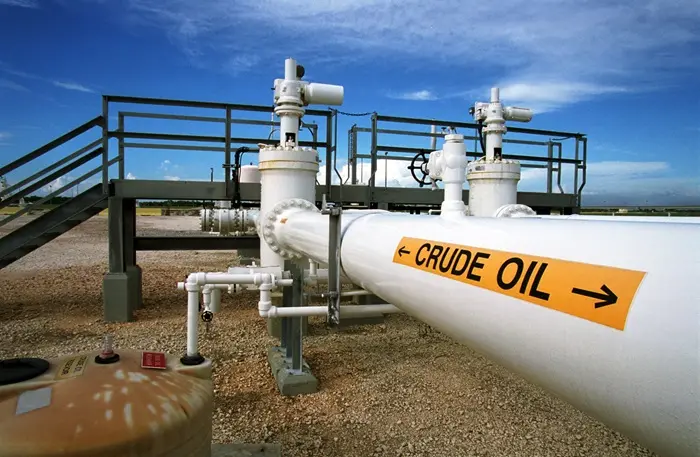Crude oil, often referred to as “black gold,” is a crucial resource that powers our world. However, in its raw form, it is not directly usable. Refining crude oil transforms it into valuable products essential for various industries and daily life. In this article, we will explore 7 compelling reasons why crude oil needs to be refined.
1. Removal of Impurities
Contaminants in Crude Oil
Crude oil is a complex mixture of hydrocarbons, along with impurities such as sulfur, nitrogen, metals, and water. These contaminants can cause significant issues in industrial applications and engines.
Impact on Equipment and Environment
Impurities can corrode machinery, reduce efficiency, and increase maintenance costs. For instance, sulfur compounds can form sulfur dioxide when burned, contributing to air pollution and acid rain. Removing these impurities through refining is essential for protecting both equipment and the environment.
2. Production of Usable Products
Variety of Hydrocarbons
Crude oil contains a wide range of hydrocarbons, each with different properties and uses. Refining separates these hydrocarbons into specific fractions, each suitable for different applications.
Fuel Production
Refining produces fuels like gasoline, diesel, and jet fuel, which are critical for transportation. Without refining, we wouldn’t have access to the high-performance fuels needed to power cars, trucks, planes, and ships.
Industrial Applications
Apart from fuels, refining yields products like lubricating oils, asphalt, and petrochemicals used in manufacturing plastics, synthetic rubber, and other materials. These products are integral to various industries, from construction to pharmaceuticals.
See Also: 9 Major Uses of Crude Oil
3. Enhancement of Fuel Quality
Octane Rating Improvement
One of the key processes in refining is improving the octane rating of gasoline. Higher octane fuels prevent engine knocking, ensuring smooth and efficient engine performance.
Addition of Additives
Refining allows for the addition of specific additives to improve fuel properties, such as detergents to keep engines clean and antioxidants to prevent fuel degradation. These enhancements are vital for modern engines and regulatory compliance.
4. Meeting Regulatory Standards
Environmental Regulations
Governments worldwide impose strict regulations on fuel quality and emissions. Refining ensures that fuels meet these standards, reducing harmful emissions and environmental impact.
Health and Safety Standards
Refining also ensures that products meet health and safety standards, protecting consumers and workers from harmful exposures. For instance, removing benzene, a known carcinogen, from gasoline is a critical health measure.
5. Maximizing Economic Value
Optimizing Resource Use
Refining maximizes the economic value of crude oil by converting it into high-demand products. This optimization ensures that no part of the crude oil is wasted, enhancing profitability and resource efficiency.
Market Demand
Refined products are more valuable and in higher demand than crude oil. The refining process allows producers to cater to market needs, ensuring a steady supply of essential products and supporting economic growth.
6. Energy Efficiency and Performance
High-Efficiency Fuels
Refined fuels are designed for high efficiency, providing better energy output and performance. This efficiency is crucial for reducing energy consumption and operational costs in transportation and industrial applications.
Engine and Machinery Longevity
Using refined fuels and lubricants ensures that engines and machinery operate smoothly and last longer. This longevity reduces the need for frequent replacements and repairs, saving costs and resources.
7. Advancements in Refining Technology
Innovation and Improvement
Refining technology continuously evolves, leading to more efficient and environmentally friendly processes. Innovations such as hydrocracking and catalytic reforming enhance the yield and quality of refined products.
Adaptability to Changing Needs
Modern refineries are adaptable, capable of adjusting their processes to meet changing market demands and regulatory requirements. This flexibility is essential for the dynamic energy market and future sustainability goals.
Conclusion
The refining of crude oil is indispensable for transforming it into usable, valuable products. From removing impurities and producing high-quality fuels to meeting regulatory standards and maximizing economic value, the refining process is crucial for the efficient and sustainable use of this vital resource. As technology advances, the refining industry will continue to play a pivotal role in meeting global energy needs and driving economic growth.
Related topics:

